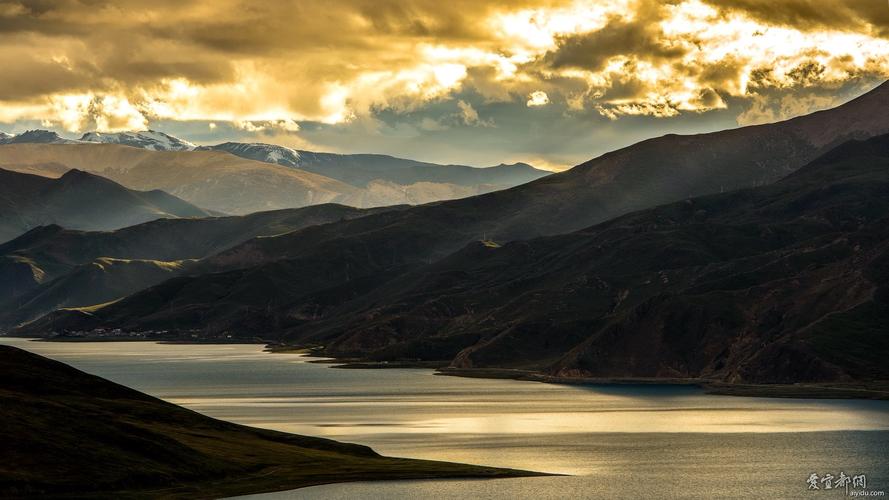The Wonders of La Cultura Maya: Exploring the Rich Heritage of the Mayan Civilization
The Mayan civilization, known for its mathematical, astronomical, and architectural achievements, has fascinated historians, archaeologists, and tourists alike. From the Pyramids of Egypt to the Great Wall of China, from the Colosseum in Rome to the Machu Picchu in Peru, the world is full of wonders that testify to the creativity, ingenuity, and perseverance of human beings. However, the Mayan civilization, which existed from 2000 BC to the 16th century AD in the region that covers present-day southern Mexico, Guatemala, Belize, and Honduras, stands out as one of the most impressive and mysterious ones.
History and Legacy of the Mayan Civilization
The Mayan civilization was composed of several city-states that shared a common culture and language but had distinct political and religious structures. The ancient Maya developed a complex writing system, a sophisticated calendar, and a deep understanding of astronomy, which enabled them to predict celestial events and align their buildings and temples with the movements of the sun and the moon. The Mayans were also skilled farmers, who built terraces and irrigation systems to cultivate their crops and support their growing population.
However, despite their achievements, the Mayans faced several challenges, including climate change, warfare, and disease, which contributed to their decline and abandonment of their cities. Today, the remnants of the Maya civilization are scattered across the region and represent a rich cultural and historical heritage that attracts millions of visitors every year.
The Art, Architecture, and Religion of the Mayan Civilization
One of the most distinctive features of the Mayan civilization is its art, which includes intricate carvings, statues, and murals that depict mythological creatures, gods, and historical events. The Mayans also developed distinctive architectural styles, such as the stepped pyramids, which were used as temples and tombs, and the ball courts, where a game called Pok-a-Tok was played as a ritual and a form of entertainment.
Furthermore, the Mayans had a complex religion that combined elements of nature worship, ancestor veneration, and sacrifice. The Mayans believed in a multilayered cosmos, with different levels of existence, and assigned specific deities and rituals to each one. The Mayans also practiced human sacrifice, which they believed would appease their gods and ensure fertility, prosperity, and protection.
The Importance of Preserving and Studying the Mayan Civilization
The Mayan civilization has left an enduring legacy that has influenced the culture, art, and science of modern societies. Furthermore, the study of the Mayan civilization has advanced our understanding of history, archaeology, linguistics, and anthropology. The decipherment of the Mayan writing system, for example, has shed light on their mythology, economy, and politics and has challenged the Eurocentric view of civilization and progress.
However, the Mayan civilization also faces threats from environmental degradation, looting, and tourism. The destruction of Mayan sites and artifacts not only erases a valuable cultural heritage but also diminishes our capacity to learn from the past and to appreciate the diversity of human experiences.
Conclusion
In conclusion, exploring the wonders of La Cultura Maya is an enriching and awe-inspiring experience that offers a glimpse into the ingenuity, creativity, and spirituality of one of the most fascinating civilizations in history. The legacy of the Mayan civilization reminds us of the importance of preserving and studying our cultural heritage, and of respecting the diversity and complexity of human societies. As we uncover more secrets of the Mayan civilization, we also rediscover our own humanity and the wonders that we are capable of creating.
(Note: Do you have knowledge or insights to share? Unlock new opportunities and expand your reach by joining our authors team. Click Registration to join us and share your expertise with our readers.)
Speech tips:
Please note that any statements involving politics will not be approved.
